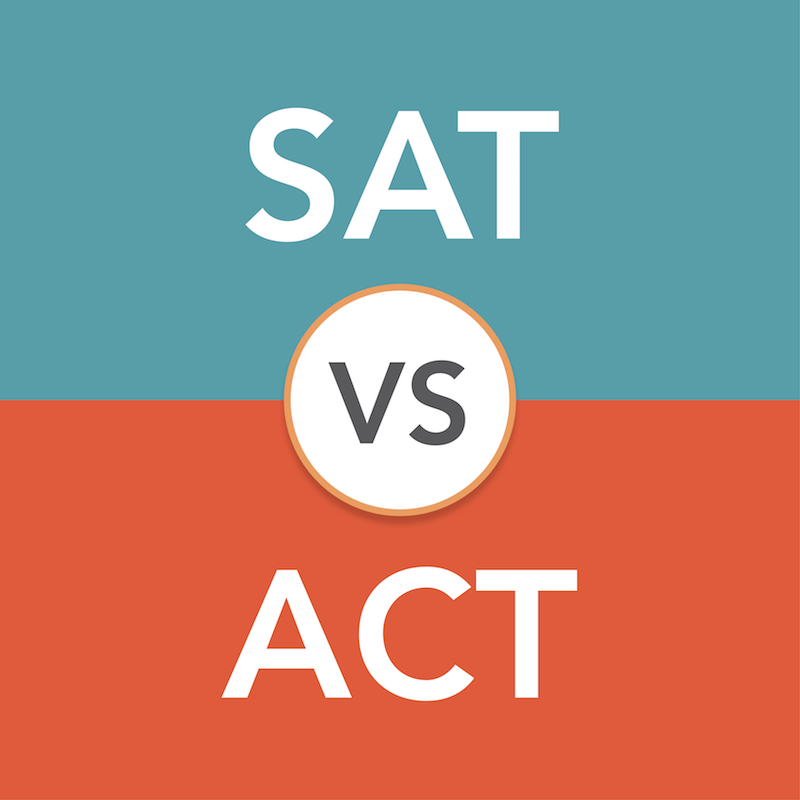What to Know About the SAT and ACT
March 4, 2020
What is the difference between the SAT and the ACT?
The main difference between the SAT and the ACT is that the ACT has a science section. The SAT does incorporate science, but through other sections.
Should you take both tests?
Schools that require standardized test scores do not require both the SAT and ACT scores to be submitted. Most students score about the same on both tests, but there are some that do better on one rather than the other. Students who do take both tests, generally do so in case they score much better on one. The tests are similar, so if you prepare for one it will help you on the other. Most students that take both tests are applying for more selective schools. Selective schools appreciate more information, so if students do well on both tests their chances of getting accepted will be bettered. It is always a good idea to take both tests, so you can submit your best score.
What are good ways to prepare for the tests?
Set aside time to study. There are practice tests online and also booklets with sample problems. There are also sample problems on college board. Use previous PSAT scores to make a target score and a study plan for the SAT. The SAT and ACT are very different, so using the PSAT to study for the ACT will not be so helpful. To help study for the ACT go to ACT.org. It is also important to expand your vocabulary and to start reading challenging books. The tests use difficult vocabulary, so you need to properly prepare yourself.
Do all colleges require you to submit your scores?
Most recently, Indiana University has stopped requiring ACT and SAT scores to be submitted when applying. They will still accept scores, but it is not required. The university says that they have made this change because students feel their scores do not reflect on their academic potential. Over one-hundred and fifty other college are also test-optional. This includes New York University, Hampshire University, University of Texas at Austin, Cornell College, Arizona State University, and more. Although some colleges don’t require scores, the majority of colleges do.




